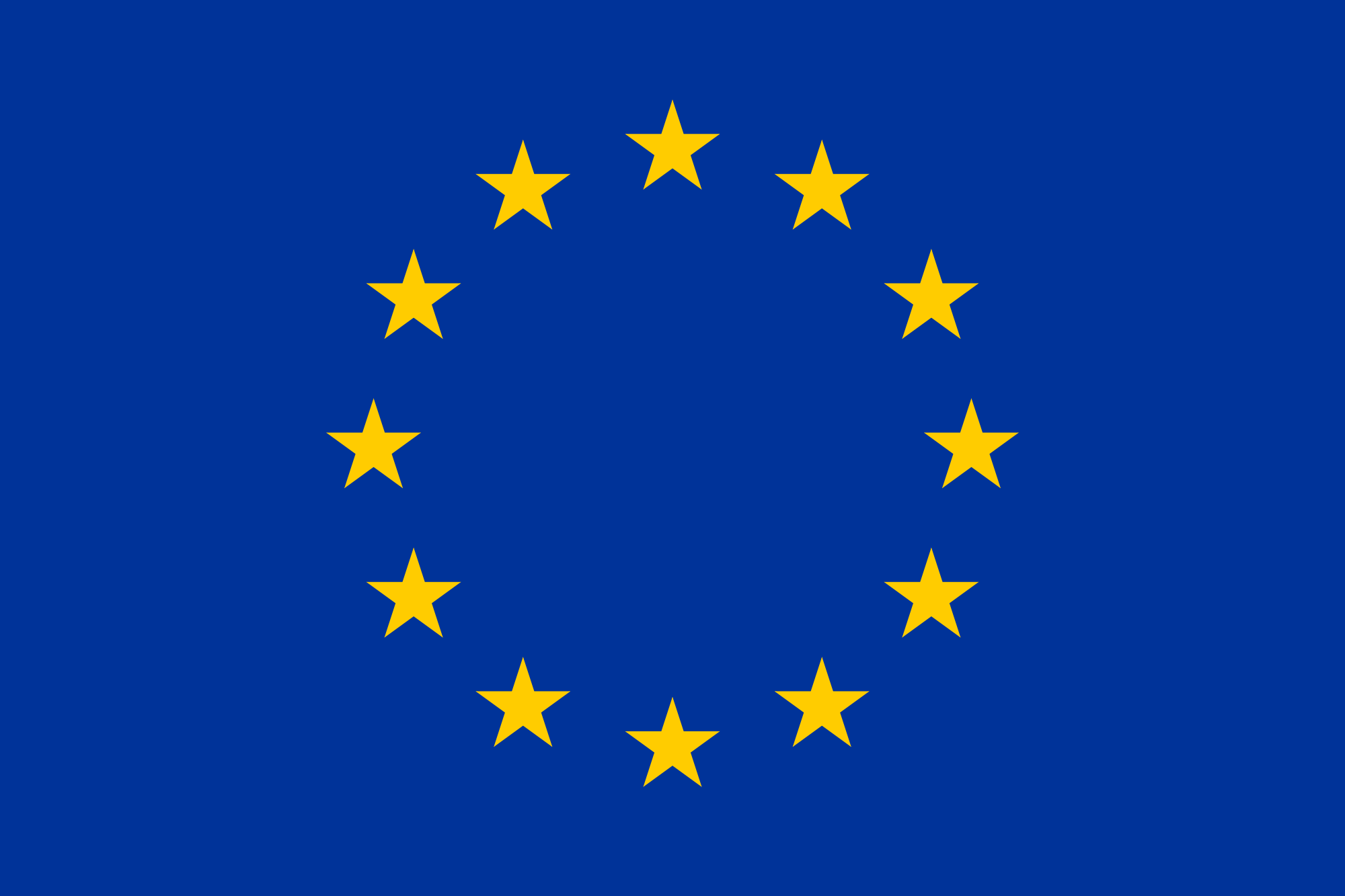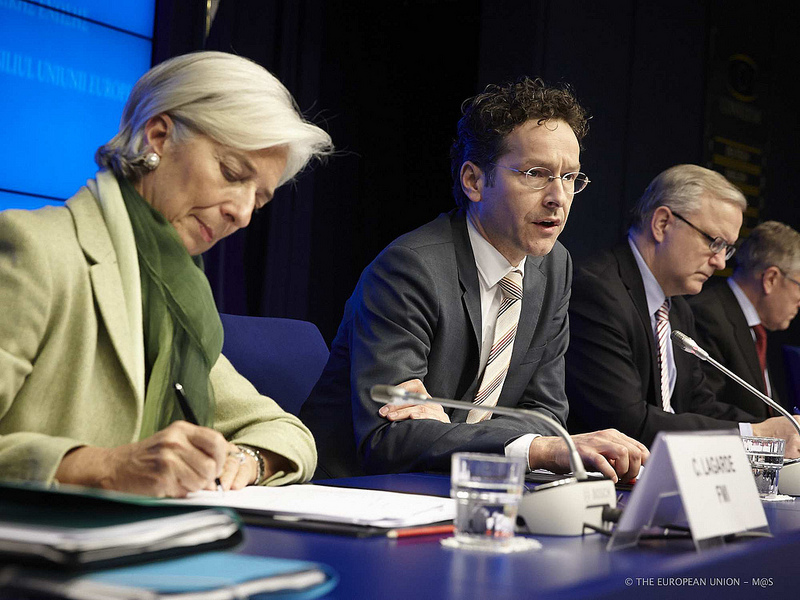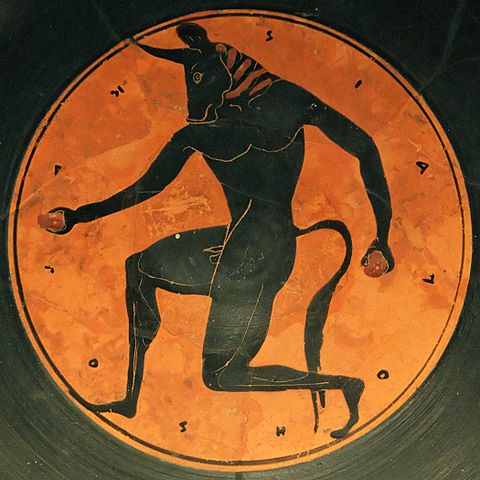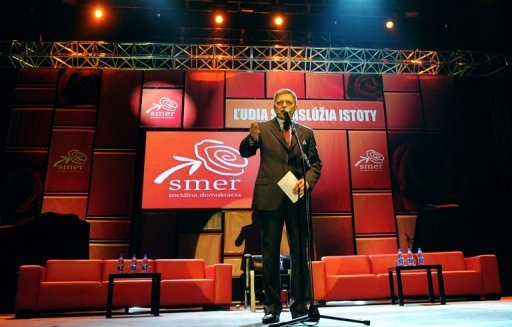
More Europe, Less Europe, No Europe? – the inaugural Oxford DPIR alumni conference
On Saturday 2nd March Oxford’s Department of Politics and International Relations hosted its inaugural Alumni Conference. Former politics students were welcomed to the Manor Road Building for the chance to discuss the issue of Europe with the very best political scientists – past, present and future – that the University has to offer. Although this was a conference organised for the benefit of alumni, it could equally have served as an event to attract prospective students, such was the calibre of the speakers and the quality of debate.
You can listen to a podcast of the event on the DPIR website, see the full post for more details.

The third phase of the Euro crisis
At the Spring European Council on 14/15 March 2013 the perennial issue of economic growth and jobs once again took centre stage. The President of the European Commission, José Manuel Barroso, stated on Twitter that “Things are better than one year ago, but growth still worrying and unemployment unacceptable.” Mr Barroso is not the only top European politician who highlights the dire social situation in the crisis-ridden countries. In the margins of the European Council Jean-Claude Juncker, the Prime Minister of Luxembourg, warned of a “social revolution” that might result from the harsh austerity measures in Southern Europe.

Social democracy must radicalise to survive
Social democracy seems perpetually at a crossroads. But today, more than a hundred years after the first of the parties affiliated to the Second International won a plurality in a parliamentary election (in Finland in 1907; Anderson, 1992, 307), social democrats may finally be running out of rope. All the main European social democratic parties are facing a crisis, registering at long last endlessly postponed questions about their fundamental purpose.

Europe’s Crisis: From solidarity to solitude?
A long time before she relocated to Brussels, Europa was a Phoenician princess. Zeus was particularly fond of her and abducted the princess in the guise of a bull. She bore him a son, Minos, who also had his fair share of trouble with bulls. It was he who constructed the legendary labyrinth to keep the Minotaur at bay. Moreover, it was Minos too, who demanded that Athens periodically sacrifice its best boys and girls to that insatiable creature; half-man, half-bull. Until Theseus finally killed it.
Today, again, Europe has become enthralled by ‘the bull’ and it seems the consequences are equally unfavorable.

Deepening Democracy in Europe: Participatory budgeting is a solution to the austerity vs democracy conundrum
In its mission statement the Global Commission on Elections, Democracy and Security points out that while elections are vital to democracy, on their own they are not sufficient. According to, “Deepening Democracy”, a recent report, elections also need integrity. They are right. But elections are insufficient in at least another respect too. Democracy is not limited to casting a ballot once every four or five years; the nature of democratic government also manifests itself in the period between elections. This is best exemplified by the current sovereign debt crisis in the Eurozone.

Slovakia’s election: another majority government from a proportional electoral system
On Saturday 10th March 2012, Slovakia joined the small but growing club of European countries that elected a majority government despite using a proportional representation system. The centre-left Smer party, led by Robert Fico, won 86 out of 150 seats with 44.9% of the vote. Although it was predicted that Smer would win the election, even Fico himself was surprised by the scale of the result. Since the eurozone crisis started to bite, strong anti-incumbency sentiments have regularly produced extreme results. In Hungary, Fidesz won more than a two-thirds majority in parliament in 2010 with 68% of the popular vote. In Scotland, a proportional electoral system unexpectedly produced a majority government in 2011, when the Scottish Nationalist Party (SNP) won 69 out of 129 seats with 45% of …









